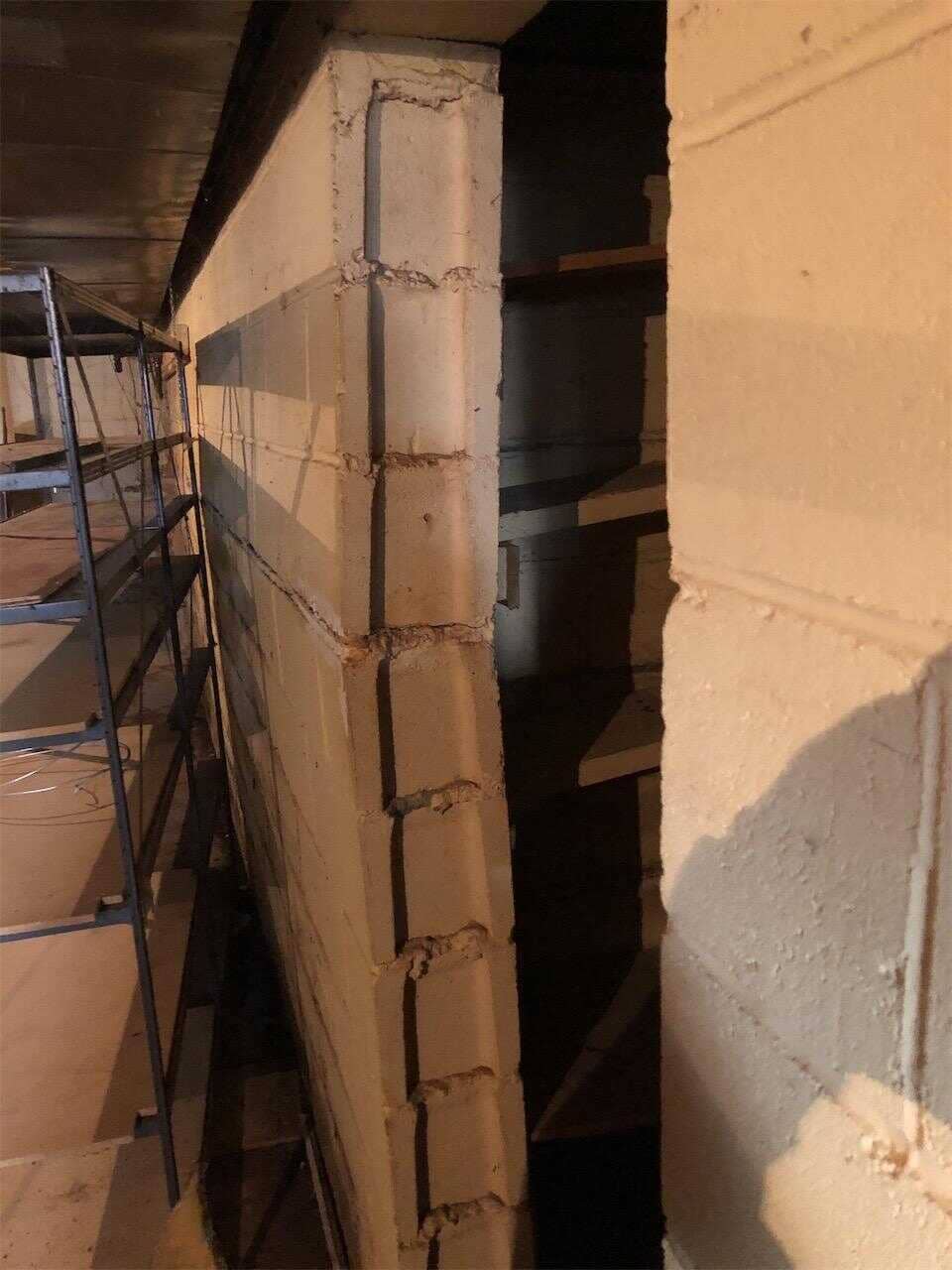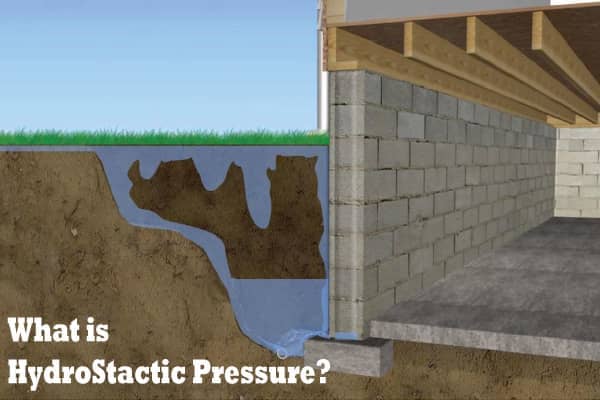Rumored Buzz on Best Basement Waterproofing
Table of ContentsBest Basement Waterproofing - TruthsExcitement About Best Basement WaterproofingSome Known Facts About Best Basement Waterproofing.An Unbiased View of Best Basement WaterproofingAll About Best Basement Waterproofing
uses excavation methods towards all-time low of the framework's foundation. includes getting rid of dampness after it has entered the basement. AdvantaClean's skilled specialists and specialists will situate the water resource. If wall surface or piece cracks exist, we will inject polyurethane and epoxies into the splits and seal the compromise, avoiding additional wetness from getting in.
If there's condensation on the exterior of the foil, you have high humidity in your basement. If the aluminum foil has condensation on the within surface area (next to the wall), the dirt around your home might be normally damp from a high water table or inadequate soil water drainage.
You can waterproof simply your indoor walls, which might resolve the issue. Or you can waterproof your outside walls, which is a far better bet yet more expensive. Below's the scoop on the various kinds: These thick coatings are cement-like. Once they dry, they stick completely to concrete and masonry walls (Best Basement Waterproofing).
The Only Guide to Best Basement Waterproofing
Swirl the brush at the final stage of application to give the wall an appealing, ended up appearance. Concrete waterproof coverings can not be used to formerly repainted surface areas; inspect the label. A 5-gallon container prices regarding $60. Known as densifiers, they are ideal only for wall surfaces that have not been painted or secured.
You brush, roll, or spray it on a lot even more thickly one gallon covers just 75 square feet, not the 300 square feet typical with standard paint. Waterproof paint is great for DIY application. You can use it over repainted surfaces, and paint over it once it's healed (one gallon prices $37).
It can set you back $10,000 to $15,000, depending upon the work needed. Outside waterproofing entails digging deep into throughout your home to the full deepness of the structure wall surfaces, after that installing a water resistant finishing or membrane layer topped by water drainage panels. The panels provide a very easy path for water to move down to an external French drain at the end of your foundation.
A basement without waterproofing is kind of like that. Your basement does not want to go find out via a rainstorm without correct security just as much as you don't want to.
What Does Best Basement Waterproofing Mean?
If you have actually done your research study, you 'd understand there are two types of waterproofing: interior and outside. It can obtain puzzling what they both mean, which one's a far better financial investment, and what will in fact maintain the water out. Do not stress, we put with each other this blog site to quickly specify both approaches for you and review the advantages and disadvantages of each.
Outside waterproofing is a waterproofing technique that includes sealing your home from the exterior. It's type of like a moat around a castle. It includes digging a trench around your whole residence down to the foundation (about 8 to 10 feet down). The structure wall surfaces are then cleaned, secured, and covered with a water-proof membrane layer or sealer.

A Biased View of Best Basement Waterproofing
It's a more engaged process that calls for excavating up your backyard, which is expensive and lengthy. Outside waterproofing involves eliminating everything surrounding your home, including verandas, driveways, pathways, landscape design, a/c description units, decks, and so forth. If any of the work was done incorrectly and water is still entering your basement, there isn't much you can do to deal with or fix it.
Inside basement waterproofing involves waterproofing from the inside. Any water that leakages into your basement is redirected before it touches your floor. It's sort of like wearing a raincoat under your garments. It entails two points: a water drain track and a sump pump. It works by sealing the inside of your cellar wall surfaces and floors so water that attempts to go into is directed out through a sump pump.
It's an efficient technique to waterproof your basement - Best Basement Waterproofing. The disadvantage of indoor cellar waterproofing primarily concerns the installment process. This method needs kept things, furnishings, and integrated shelving or closets to be relocated from touching the cellar walls. And during setup, your check this site out cellar can't be made use of. The biggest difference between both techniques is this: Exterior waterproofing is a preventative option and indoor waterproofing is a corrective solution.
The Main Principles Of Best Basement Waterproofing
Finally, exterior and interior basement waterproofing are both reliable methods of protecting your home from water damage. Outside waterproofing develops an obstacle that avoids water from entering your home, while interior waterproofing redirects water that does enter your home. And it is necessary to note that exterior waterproofing is an expensive and turbulent installation procedure when contrasted to indoor waterproofing.
Whichever approach you choose, make certain you select a trustworthy and trustworthy specialist for the work. If you have any inquiries about cellar waterproofing, please get to out to us.
You can complete our type below, start a chat in the lower right-hand edge, or call us at 1-800-827-0702.